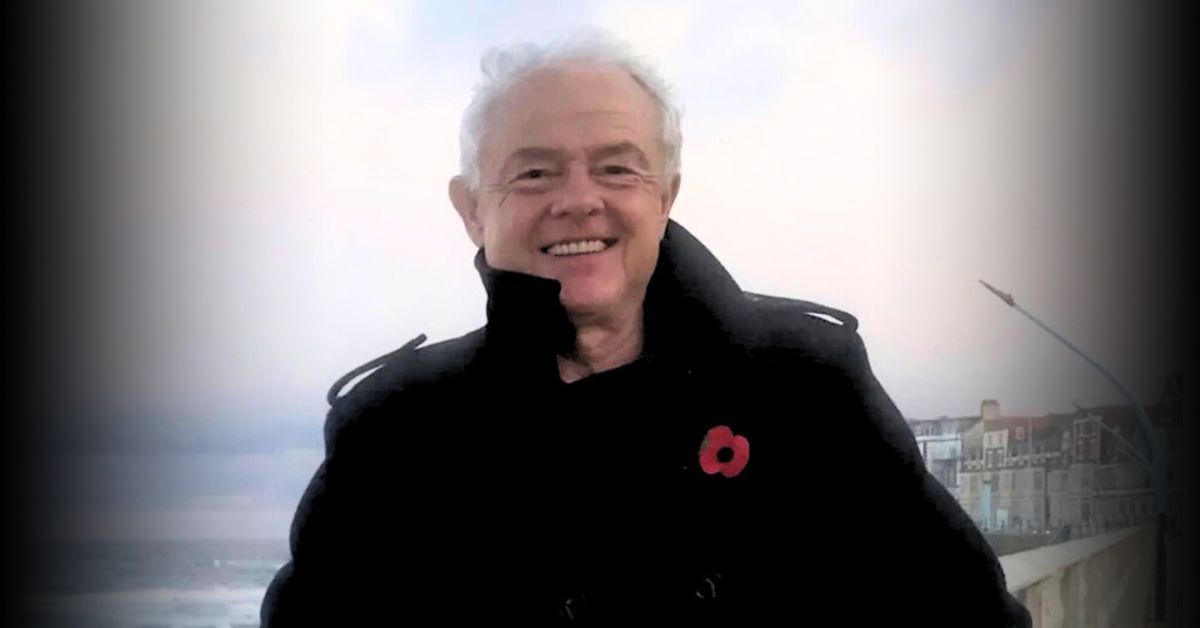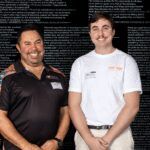Ed Punchard.
From surviving the world’s worst offshore oil rig disaster to uncovering long-lost shipwrecks on the ocean floor, Ed Punchard has charted quite an extraordinary career course.
As a submersible pilot, maritime archaeologist, and award-winning documentary filmmaker, the managing director of Immersive Experiences is pushing the boundaries of how people explore and understand the past beneath the waves.
Growing up in two coastal and fishing towns in the UK – Conwy and Dartmouth – the Curtin maritime archaeology graduate said his affinity for the sea was no accident – it was inherited. My mother is from Brixham, and my father is from Dartmouth.
“Brixham was once the greatest fishing town of England, Dartmouth the home of Britannia College, where Britain’s Royal Navy trains its officers,’’ Ed recalls.
“Brixham used to have hundreds of boats — beautiful working sailboats that would go out for four or five days at a time.
“There were always books about ocean voyages and sailing ships on our shelves growing up. It was all around me.
“I guess it’s no surprise I made my permanent home in Fremantle.”
In 1988, while working as a commercial sea diver in the North Sea, a catastrophic oil rig disaster changed Ed’s life forever.
That night, 167 lives were lost in what has become the worst offshore oil disaster in history.
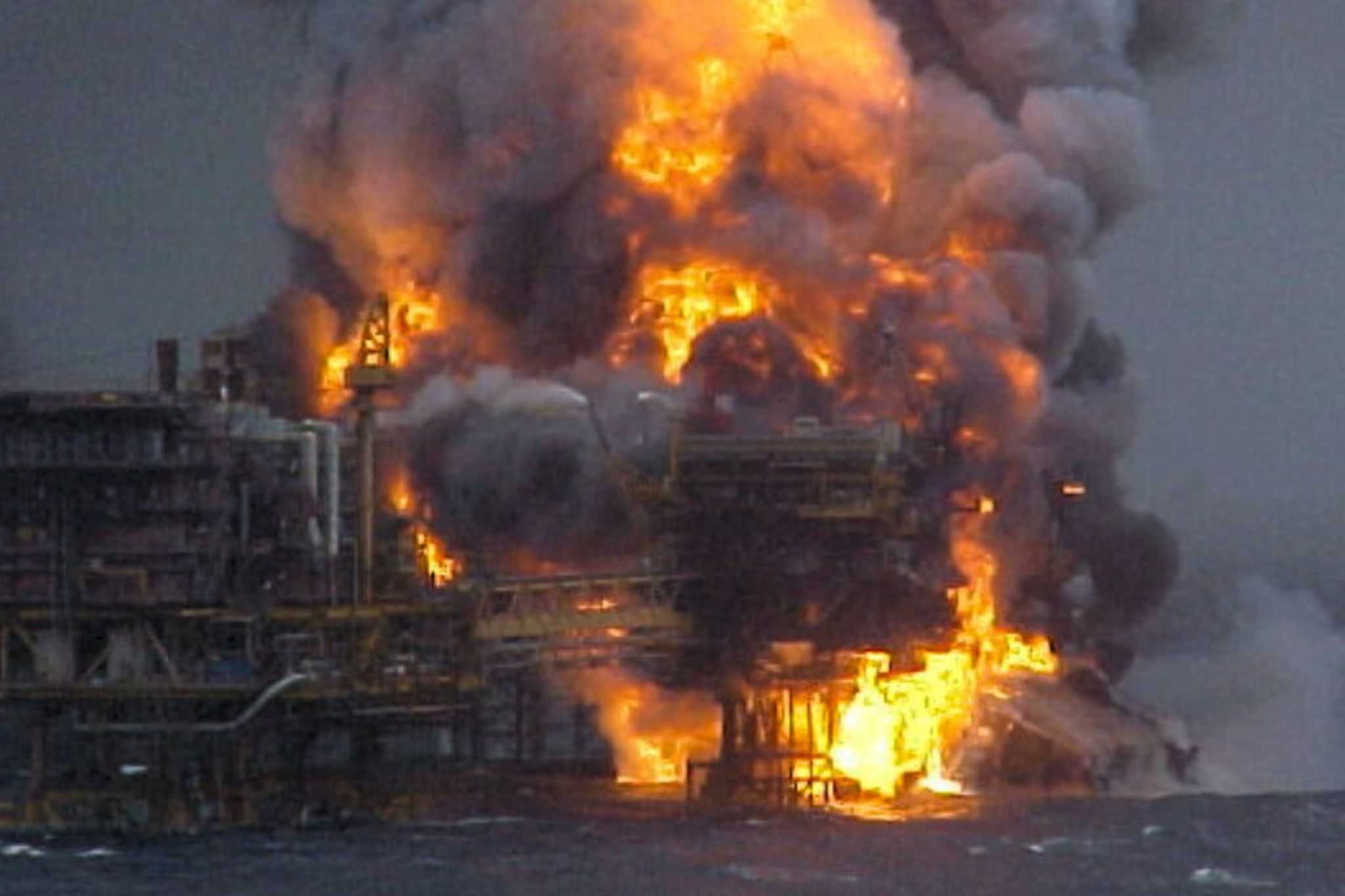
The tragedy galvanized a new chapter in Ed’s life, eventually leading him from the treacherous waters of the ocean to the academic shores of maritime archaeology.
“I remember it was ten o’clock at night. I was at my desk, just looking at the screen—then boom, the ceiling fell on my head,’’ he said.
“Filing cabinets flew through the air and fell over.
“Explosions are strange. Unless you’ve been near one, you can’t understand. The shockwave goes right through you. It’s not just a sound – it’s physical.”
Ed said despite his office being bomb-proof it still took a major hit.
“Everything was a blaze. Smoke blocked the main exit.
“Eventually, I climbed down a rope and was picked up by the standby rescue vessel, an aging mex fishing vessel.
“As more huge explosions rocked the rig, at one point I climbed over the side of the standby vessel to escape the heat of the flames and held onto a rope for dear life, knowing if I let go I could sink as I was wearing heavy rig boots.”
“I was towed through the sea for what felt like forever but must have been a few minutes.”
Thankful to survive that night, Ed turned trauma into purpose – spending the next chapter of his life writing a best-selling book on the disaster and making documentaries to share stories that mattered.
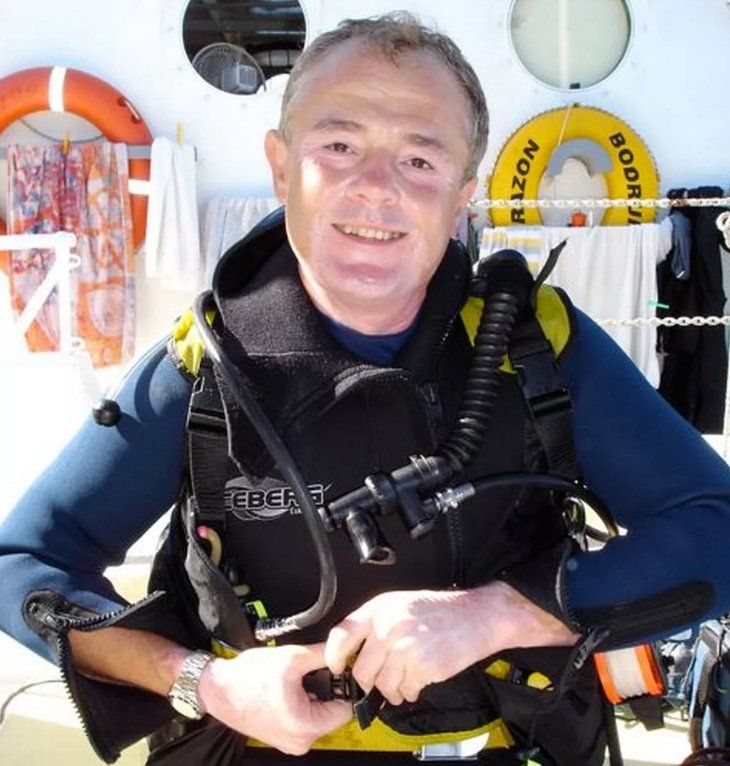
In 1991, Punchard founded Prospero Productions, a Fremantle-based documentary production house.
Over the following decades, he would go on to produce and/or direct more than 350 films for television and giant screen formats.
His body of work spans collaborations with nearly every major global broadcaster, including the BBC, National Geographic, Discovery Channel, ITV, France 5, ABC, and SBS.
Ed’s films are more than narratives; they are often full-scale expeditions into some of the planet’s most remote and historically rich maritime environments.
“In Australia, film is driven by substance. Unlike the commercial focus of Hollywood or Bollywood, our stories need cultural weight to justify funding,’’ he said.
“National identity matters and whether it’s fiction or fact, our films should carry the voice of this place. That’s what gives them meaning and that’s what excites me.
“If you’ve got the imagination, there’s always something powerful to find in the cracks.”
Beyond filmmaking, Punchard’s expertise and passion have also driven real-world maritime exploration.
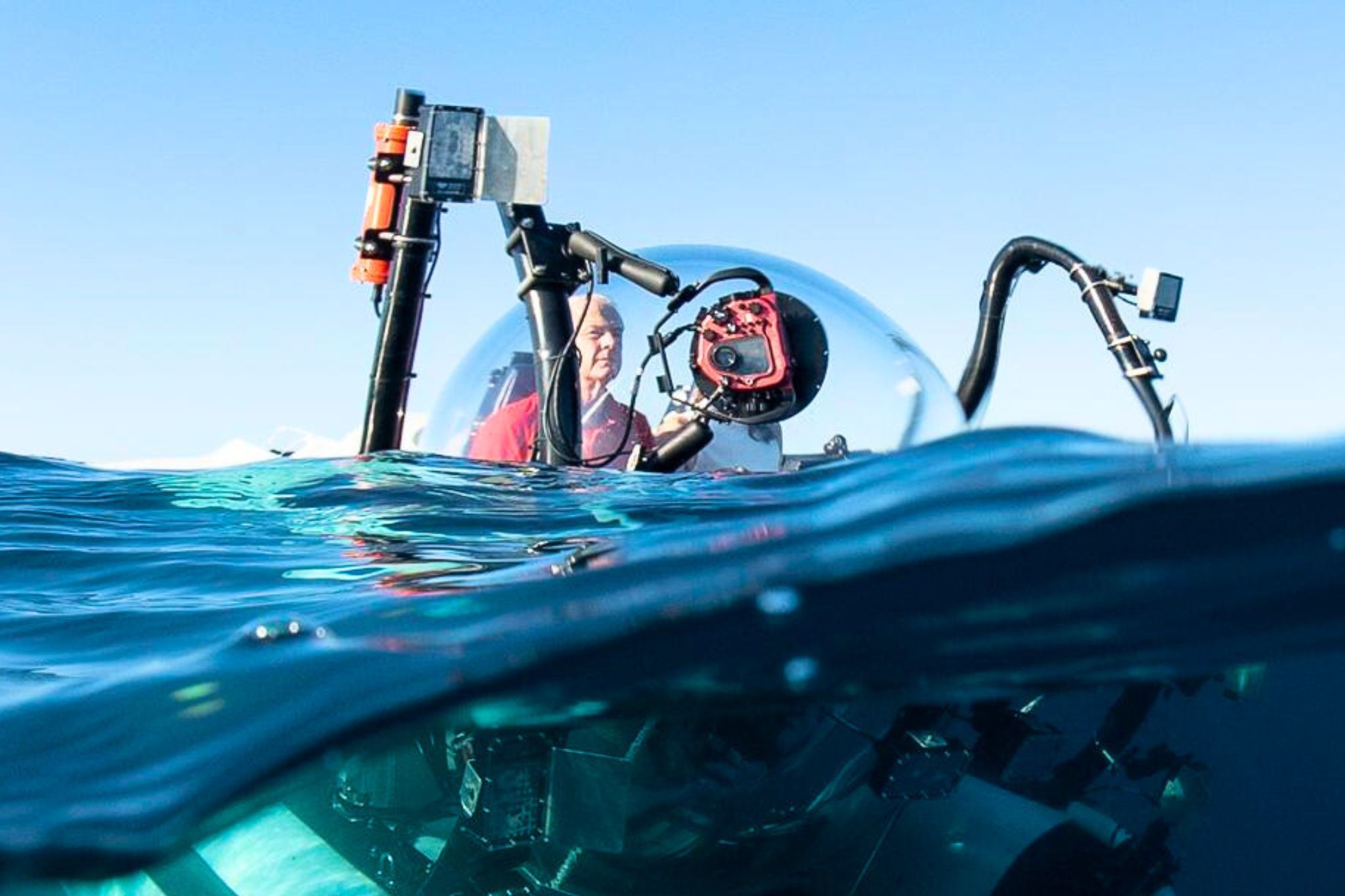
His work has contributed to the discovery or documentation of a host of significant underwater sites: from the Broome air raid wrecks to the Batavia’s graveyard off the Abrolhos Islands.
He has also collaborated with some of the most respected figures in the field, including Dr. George Bass, the father of maritime archaeology, and oceanographer Robert Ballard, renowned for locating the Titanic wreck.
Honoured twice as an associate of the Western Australian Museum Ed has also worked with the Bodrum Institute of Nautical Archaeology.
His leadership extends well beyond the field and film set – serving as Chairman of Screenwest, Western Australia’s state film funding agency, and the HMAS Sydney Foundation. He was recently nominated as a member of the celebrated Explorers Club of New York.
Now at the helm of Immersive Experiences, Ed continues to merge his passions for technology, exploration, and storytelling.
With a life marked by survival, reinvention, and relentless curiosity, Ed’s work not only brings the hidden past to life but also lights the way for future generations of explorers, storytellers, and dreamers who dare to venture beneath the surface.
___
